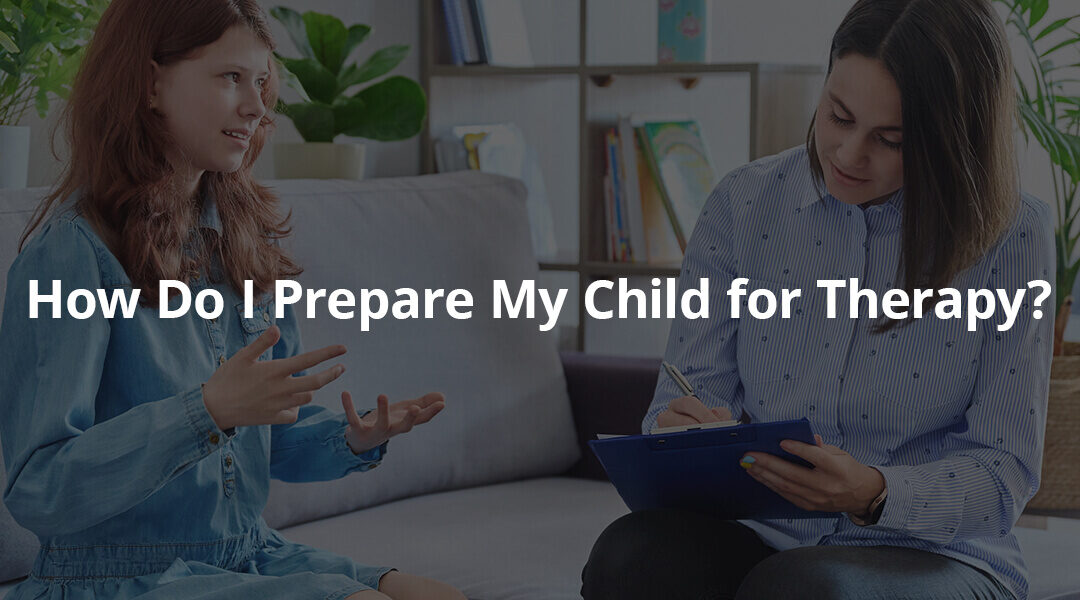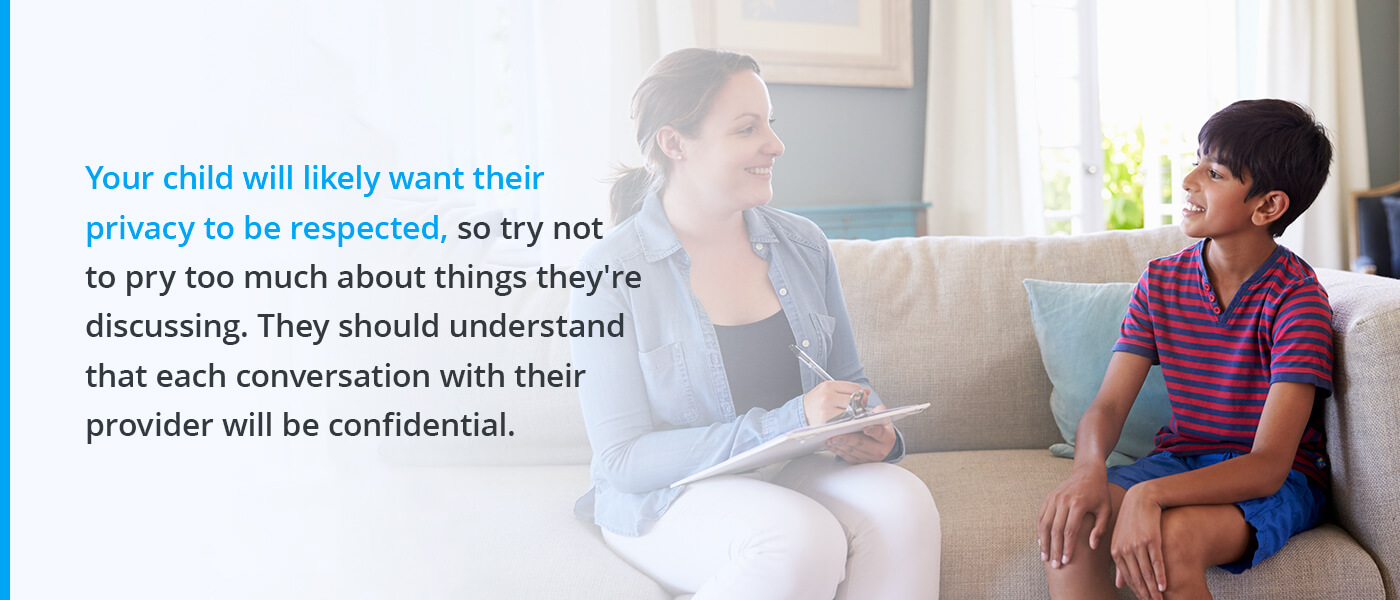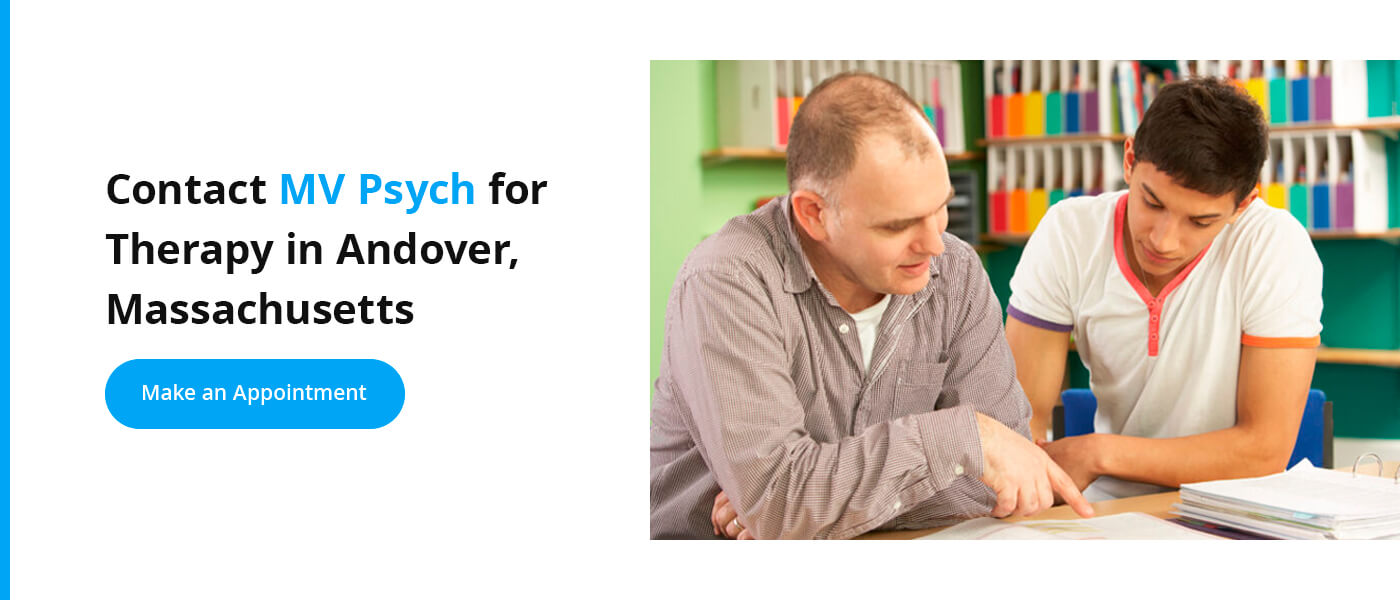From starting their first day of preschool to experiencing puberty, younger and older children alike face many changes and milestones. Just like adults, kids also encounter setbacks and challenges in life. Some may require counseling or therapy to navigate these obstacles.
A child might need therapy for numerous reasons, such as:
- Developmental delays.
- Speech, communication or socialization challenges.
- Depression, anxiety or stress.
- Sudden changes in behavior, mood, interests, appetite or academic performance.
- Anger issues or mentions of self-harm.
- Major life changes like divorce or the death of a loved one.
Whatever reason you’re pursuing counseling for your child, it’s important to support them during this unfamiliar journey. This guide will teach you how to prepare your child for therapy, covering tips for different age groups and questions to ask their provider.
Tips for Preparing Your Child for Therapy
Treatment can look a little different for each child starting therapy, depending on their age and developmental level.
Ages 4-7
While one-on-one therapy is common for adults, the process will look slightly different for children. Generally, the younger your child is, the more you’ll be present during their counseling sessions. During this age range, your child is still drastically developing mentally and emotionally. You are the center of their life and they will look up to you when deciding how to think, feel and behave.
As their role model, your presence during therapy will help them feel safer and more relaxed. Because your child has such a strong connection with you in this stage of life, your involvement in their therapy can positively impact their overall progress.
If your child is showing anxiety or discomfort about seeing a therapist, explain to them that these sessions will be a safe space to discuss their feelings. Remind them that you’ll be present for a large part of the session. If the provider requests to talk to them alone at any point, reassure them you’ll be nearby in the waiting area.
Preschoolers often benefit from play therapy, an evidence-based process designed to help them overcome behavioral, emotional, social or learning challenges. It’s a healthy outlet to openly express their thoughts and emotions, build on their natural strengths and make sense of their world through enjoyable activities. During these sessions, a specialist observes the child’s behavior and choices as they play.
Ages 8-10
In this age range, children typically start to become more independent. Many are accustomed to being away from their parents when they go to school each day. They’re also more advanced in communicating their thoughts and feelings than their 4-7-year-old counterparts. Critical thinking skills also improve significantly during this stage.
For these reasons, most 8-10-year-olds can handle more individualized counseling. Many of them are a great fit for cognitive behavioral therapy (CBT). This form of talk therapy aims to help people combat negative thoughts and emotions. Children and adults alike benefit from CBT. A child’s parent or caregiver may be present for a small portion of the session.
However, it’s still important that your child knows what to expect going into the process. While your child is likely growing more independent, they may still have some anticipatory nerves. This is a new experience for them, and they’ll want to know what it will be like. Chances are they’ll have a few questions.
About a week before their first appointment, talk to them about what their session will be like. Answer any questions they might have as best you can, such as how long it will last, what they should bring with them and what the therapist will be like. For any questions you can’t clearly answer, have them write these down to ask their counselor at the first appointment.
Ages 11-13
Children crave independence during this stage of life. Most tweens and teenagers have developed a stronger sense of individuality away from the family unit. Therefore, having a third party to vent their feelings to can be incredibly helpful.
Most middle schoolers can manage therapy sessions entirely by themselves without parental intervention. Chances are, they’ll prefer it this way.
Your child will likely want their privacy to be respected, so try not to pry too much about things they’re discussing. They should understand that each conversation with their provider will be confidential. However, if serious factors like mental health disorders, self-harm, suicidal thoughts or other concerns are at play, their therapist will let you know.
You can also involve your tween or teen in the planning process as much as possible. When you encourage their input in the decision, they feel more heard and validated. When looking for a therapist, for instance, you can narrow it down to two or three choices, then let them pick.
Remind them that nothing is final after making a selection. If they find they aren’t comfortable with the therapist after a couple of sessions — or a certain treatment approach isn’t a good fit — they can try something different. This gives them more autonomy in the process, and it may ease any anxieties they might have.
What Questions Should I Ask My Child’s Therapist?
Whether you’re logging on to a video conference call or visiting an in-person office, your child’s consultation therapy appointment will be a great opportunity to ask questions or clear up any concerns you might have.
To prepare for play therapy, CBT or another approach, your child’s counselor will discuss the process with you in full before sessions begin. This initial conversation should include how they plan to establish short- and long-term goals, your involvement in your child’s treatment and other key considerations.
Here are some important questions to bring up to your child’s counselor, if these areas haven’t been addressed:
- What is your treatment approach, and how will it accommodate my child’s needs, abilities and strengths?
- How will I be involved in my child’s therapy?
- How will our family be involved in the process?
- What can I do at home to support their progress?
- How often should we plan to meet?
- How much do you charge per session, and how do I pay?
- What insurance plans do you accept, if any?
- Can you tell me about your background and experience?
- How long do you think it will take to complete therapy?
- Should I consult any other resources in the meantime?
Contact MV Psych for Therapy in Andover, Massachusetts
At Merrimack Valley Psychological Associates, we offer various forms of counseling and therapy for children and adults alike. Through services like play therapy, learning disability counseling, anxiety therapy, grief and loss management and others, we aim to help children conquer the challenges of everyday life.
No matter your child’s age, situation or developmental level, we can help connect them with the right therapist and compassionate treatment approach. Contact us to set up an appointment for your child today!



